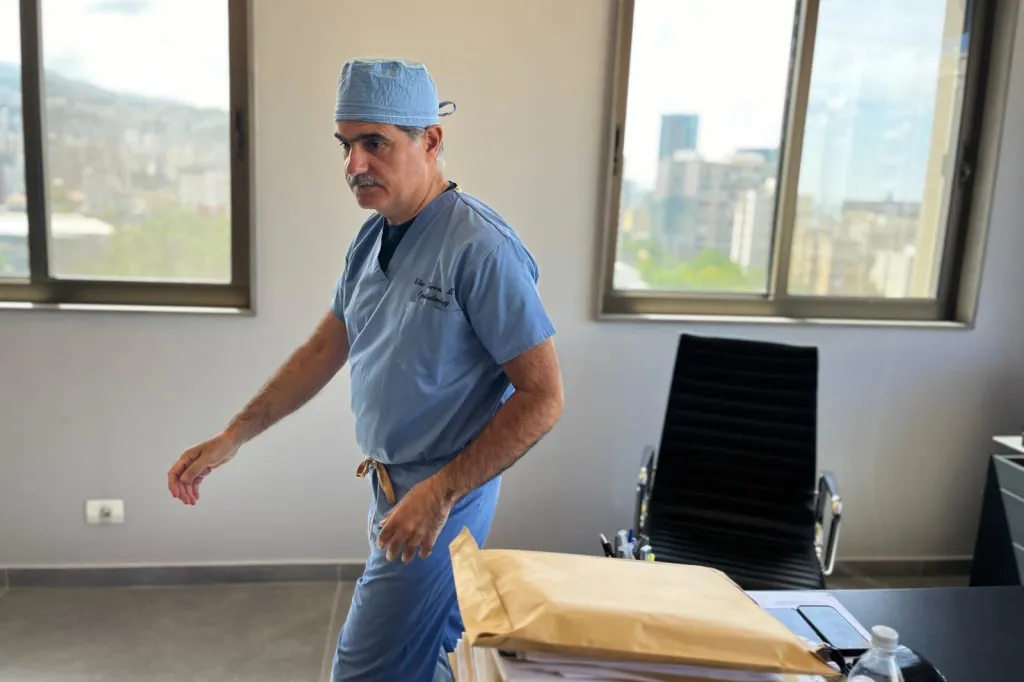News on Beirut Eye Doctor's Experience with Explosion Victims

Eye Doctor's Response to Explosion Injuries in Beirut
BEIRUT — An eye doctor in Lebanon shared a harrowing account of treating about 40 to 50 patients suffering from serious injuries following a series of devastating communication device explosions targeting Hezbollah members earlier this week. According to Dr. Elias Warrak, individuals faced catastrophic losses, including the loss of both eyes, stating, “We’ve never seen that much cases of patients and casualties that have been losing their eyes because of explosions.”
Impact of the Explosions on Civilians
The chaos caused by thousands of malfunctioning pagers and walkie-talkies led to a grim toll, with reports of at least 37 fatalities, including children, and injuries affecting nearly 3,000 people, as stated by Lebanon's health minister. Dr. Warrak explained that many patients could only be treated for one eye, with several tragically losing both. “Some of them, we lost both eyes,” he lamented.
The doctor noted that the pattern of injuries suggested that many victims were injured due to shrapnel from nearby explosions while simply observing the detonating devices. As Dr. Warrak rushed to multiple hospitals to treat victims, he expressed profound grief at the scale of devastation, saying, “As a human being, definitely, it is devastating. It kills me.”
- New Wave of Attacks: The Israeli military confirmed a new offensive against Hezbollah after the blasts were attributed to heightened tensions on the northern border.
- Hezbollah's Allegations: Hezbollah blames Israel for the attacks, marking a significant escalation in regional conflict.
Disclaimer: The information provided on this site is for informational purposes only and is not intended as medical advice. We are not responsible for any actions taken based on the content of this site. Always consult a qualified healthcare provider for medical advice, diagnosis, and treatment. We source our news from reputable sources and provide links to the original articles. We do not endorse or assume responsibility for the accuracy of the information contained in external sources.
This article was prepared using information from open sources in accordance with the principles of Ethical Policy. The editorial team is not responsible for absolute accuracy, as it relies on data from the sources referenced.